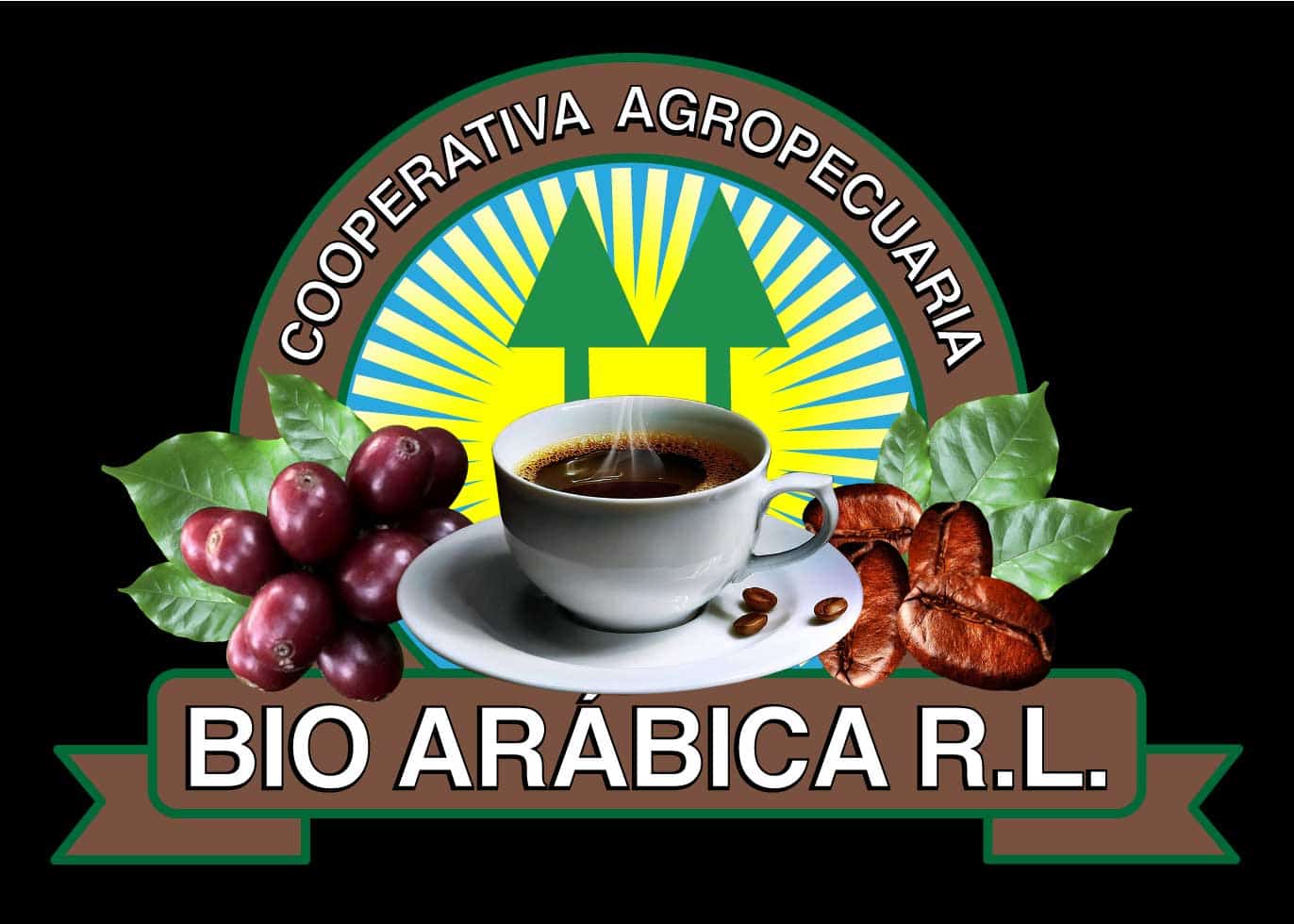Yungueño Coffe
Caranavi smells of coffee, the same aroma that pervades the memories of Dona Virginia Pacheco, widow of Iturri: “Before, once a week, coffee was roasted and ground in the houses, and the whole village smelled of fresh grain! How rich! ” Today, this town of settlers that opens the doors to the north of La Paz has become a thriving city, with 50 thousand inhabitants and diversified production, but even the sweet perfume of coffee gives it life. “How rich!” The motto is not casual: the youngest Bolivian province – officially created in 1992 – identifies itself as the “Bolivian capital of coffee” and thus proclaims it, with golden letters, a cement shield in the arch from the square. In the center, the gilded statue of a disturbingly small Simón Bolívar rises between benches protected by flower vines, as discotheque reservations, and scraper posts where dwarf icebergs succumb to 35 degrees of temperature. We are in Caranavi, capital of the province of the same name. Here the padded forests of the Yungas flatten into subtropical meadows that later become wounded jungle by immense rivers of ancient names. We are in Caranavi and it smells like coffee.
